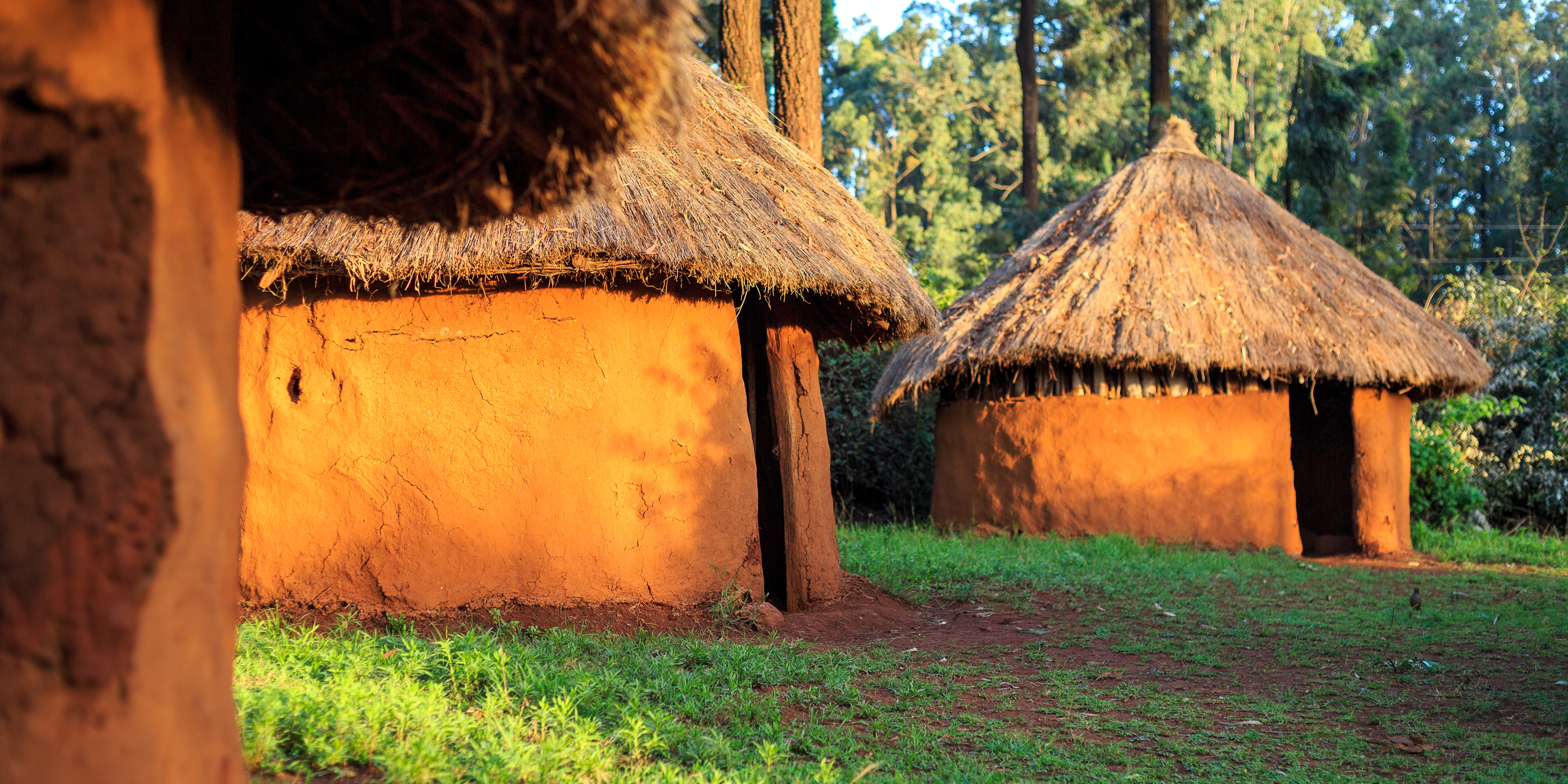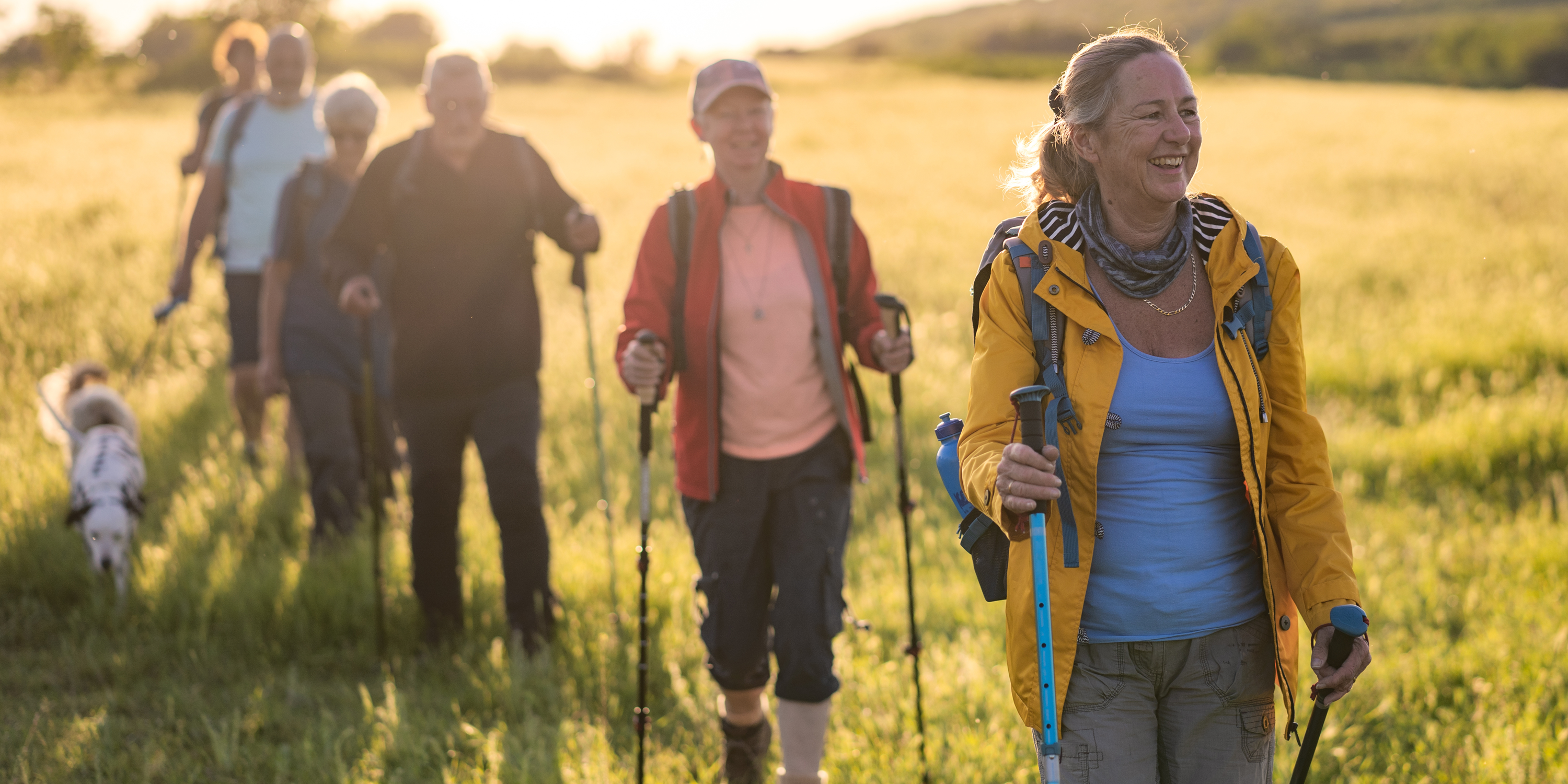Small group trips to Kenya are beneficial due to its diversity and attractiveness. Small group travel is more intimate and allows travelers and locals to bond. This Kenyan travel style lets you visit hidden gems, cultural experiences, and stunning wildlife.
Kenyan small groups receive customized guidance from expert guides. Guides can personalize and satisfy group needs in smaller groups. This enriches and educates tourists as guides share local culture, history, and animals.
Small-group travel allows more schedule flexibility. Small groups can visit lesser-known places not covered by larger tours. Interacting with people and experiencing their lifestyle enhances this experience.
When to Visit Kenya with a Small Group
Consider the best season for your small group Kenya trip. Kenya has dry and wet seasons. Wildlife is best visible from June to October during the dry season. Animals gather around water sources, simplifying game drives.
The wet season (November–May) brings lush vegetation and birds. Although foliage makes wildlife watching tougher, you can still see many species. Watch millions of wildebeest and other animals migrate from Tanzania’s Serengeti to Kenya’s Masai Mara during the wet season.
varied Kenya has diverse weather. Tropical coastal cities like Mombasa and Lamu have significant humidity and year-round temperatures between 25°C and 30°C. Dry season temperatures in Nairobi and the Masai Mara are 10°C to 25°C.
 Planning Your Kenyan Vacation: Top Destinations
Planning Your Kenyan Vacation: Top Destinations
Kenya boasts many stunning and diverse landscapes. When planning a small group trip, consider Kenya’s highlights.
- Visit Kenya’s Masai Mara National Reserve for wildlife and the Great Migration. See lions, elephants, giraffes, zebras, and other African animals in their natural habitat. The reserve offers Maasai cultural exchanges and hot air balloon rides.
- Amboseli National Park, at the foot of Kilimanjaro, offers views. Elephant herds and wildlife thrive throughout the park. Guided hikes, game drives, and Maasai cultural trips are available.
- Flamingo-filled Birdwatchers love Lake Nakuru National Park. The park has 400 bird species, including pelicans, cormorants, and African fish eagles. Animals including rhinos, lions, and birds are accessible.
- Samburu National Reserve in northern Kenya offers unique safaris. The reserve features rare Grevy’s zebra, Somali ostrich, and reticulated giraffe. The Samburu can also teach visitors about their culture.
- Diani Beach offers great beach fun. Diani Beach on the Indian Ocean has pristine waters, beautiful sand, and water sports. Explore nearby marine parks via snorkeling or diving.
Getting Small-Group Accommodations
Small parties visiting Kenya should pick accommodations that suit them. Kenya has affordable guesthouses and campsites luxury lodges and tented campgrounds.
Luxury hotels and tented camps in wildlife-viewing areas are comfortable and equipped. Large tents or rooms with en-suite toilets, gourmet restaurants, pools, and spas are provided. They suit luxury seekers.
Campgrounds and guesthouses are cheaper for budget vacationers. Guesthouses have individual or shared rooms, kitchens, and hangouts. You can pitch or rent a tent at campsites. Sharing bathrooms and kitchens is typical.
When booking Kenyan small group accommodations, consider location, facilities, and nearby attractions. Book rooms early, especially during peak tourist seasons.
Budget for Kenya Small Group Trip
Planning a Kenyan small group vacation takes budgeting. Transportation, hotel, meals, activities, and other fees must be considered.
Kenya travel costs vary by season, accomodation, and excursions. Kenyan small group trips cost $150–300 per person per day, excluding international airfares.
Travel budget by comparing hotel, transportation, and activities rates. Be sure to budget for visas, travel insurance, immunizations, and souvenirs.
Consider multiple restaurants when dining out. Motels may serve dinner, but for a proper meal, try neighborhood restaurants and street food stalls.
Kenyan small-group transport
Kenyan small-group trips require transportation. Kenya has transit alternatives for all tastes and budgets.
- Some Kenyan wildlife safaris use 4x4s. These off-road vehicles let you safely explore national parks and reserves. Some include pop-up roofs for wildlife viewing and hold six.
- Domestic flights simplify long-distance travel. Some Kenyan domestic airlines fly between major cities and tourist sites. Domestic flights are good for reaching remote areas like the Masai Mara or coast.
- Budget tourists can use public transit. Major cities and towns in Kenya have good bus and matatu networks. Despite being crowded and uncomfortable, public transit is cheaper and local.
- Taxis and chauffeured cars are convenient and versatile in Kenya. This option is ideal for small groups who want door-to-door service and sightseeing.
When picking Kenyan small group transportation, consider comfort, safety, accessibility, and affordability. To guarantee availability, reserve transport in advance, especially during peak travel seasons.
Kenyan Vacation Planning
Kenya offers several activities and excursions for all preferences. A Kenyan small group vacation should incorporate the greatest activities and excursions.
- Game drives across Kenya’s stunning wildlife are highlights. Game drives are possible in Masai Mara, Amboseli, and Tsavo. These excursions show you lions, elephants, giraffes, zebras, and other African animals.
- Hot air balloon safaris: A unique view of Kenya. This safari offers breathtaking savannah and wildlife views. Hot air balloon trips end with a romantic champagne breakfast in the bush.
- Culture: Kenya has 40 ethnic groups and a diverse culture. Tourists learn about local customs and live on cultural vacations. Beadwork, dances, and village tours are offered by the Maasai, Samburu, and Turkana tribes.
- Kenya is a hiking and trekking destination. Experienced climbers struggle on Mount Kenya, Africa’s second-highest mountain. The Aberdare Range and Rift Valley offer excellent vistas on easy walks.
- Kenya’s Indian Ocean coast offers several beach activities for fun and excitement. Swimming, snorkeling, diving, kiteboarding, and fishing. Historic sites, markets, and Swahili architecture exist in Mombasa and Malindi.
When planning Kenya small group outings, consider fitness, interests, and time. Book activities in advance, especially during high vacation seasons, to ensure availability.
Kenyan Traditions
Know and respect Kenyan customs before visiting. Kenya has about 40 ethnic groups with unique cultures.
A famous Kenyan tribe is the Maasai. The Maasai wear crimson, beaded garments and dance uniquely. Respect and modesty are needed when visiting Maasai settlements. A photo permission is also typical.
 Dress modestly when visiting Kenya, especially in rural and religious areas. Men and women should cover their shoulders and knees. Entering a home or church needs shoes off.
Dress modestly when visiting Kenya, especially in rural and religious areas. Men and women should cover their shoulders and knees. Entering a home or church needs shoes off.
Kenyans are conservative and dislike public displays of affection. Be polite and aware of local customs.
Locals shake hands and speak politely. Learn Swahili phrases like “hello” (Jambo), “thank you” (Asante), and “please” (tafadhali) to build respect and connection with locals.
Kenyan Health and Safety Prep
Kenyan travel demands health and safety awareness. Kenya is safe for tourists, but they must stay healthy.
- immunizations: Consult a doctor or travel clinic before visiting Kenya. Kenyans get hepatitis A, B, typhoid, yellow fever, and tetanus injections. Kenya is malaria-endemic, hence preventative measures are advised.
- Comprehensive travel insurance covers medical expenditures, trip cancellation, and emergency evacuation. Read the policy for coverage.
- Travel safely in Kenya: Avoid nighttime walks alone, protect valuables, and be aware of your surroundings. Also, register with your embassy or consulate and check travel advisories.
- Avoid raw or undercooked food and drink bottled or filtered water to avoid waterborne diseases. Wash or peel produce before eating.
- Wildlife Safety: In safaris and national parks, obey your guide and avoid wildlife. Petting or feeding animals can damage them and disrupt their behavior.
Success Tips for Kenya Small Group Travel
Remember these tips for a successful Kenyan small group trip:
- Leaders and group chats help groups communicate. This will educate and consider everyone’s preferences.
- Allow exploration-inspired schedule changes and detours. Some of the best are unexpected.
- Pack comfortable shoes, sunscreen, bug repellant, a hat, and a water bottle. Charge electronics with a universal adaptor.
- Respect the environment: Follow government rules in national parks and reserves. Stay on trails, don’t litter, and respect wildlife and the environment. Dispose of trash and clean. We can preserve these natural treasures for future generations by safeguarding the environment.

